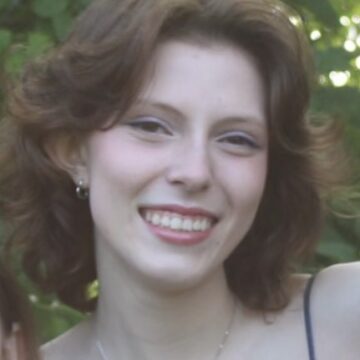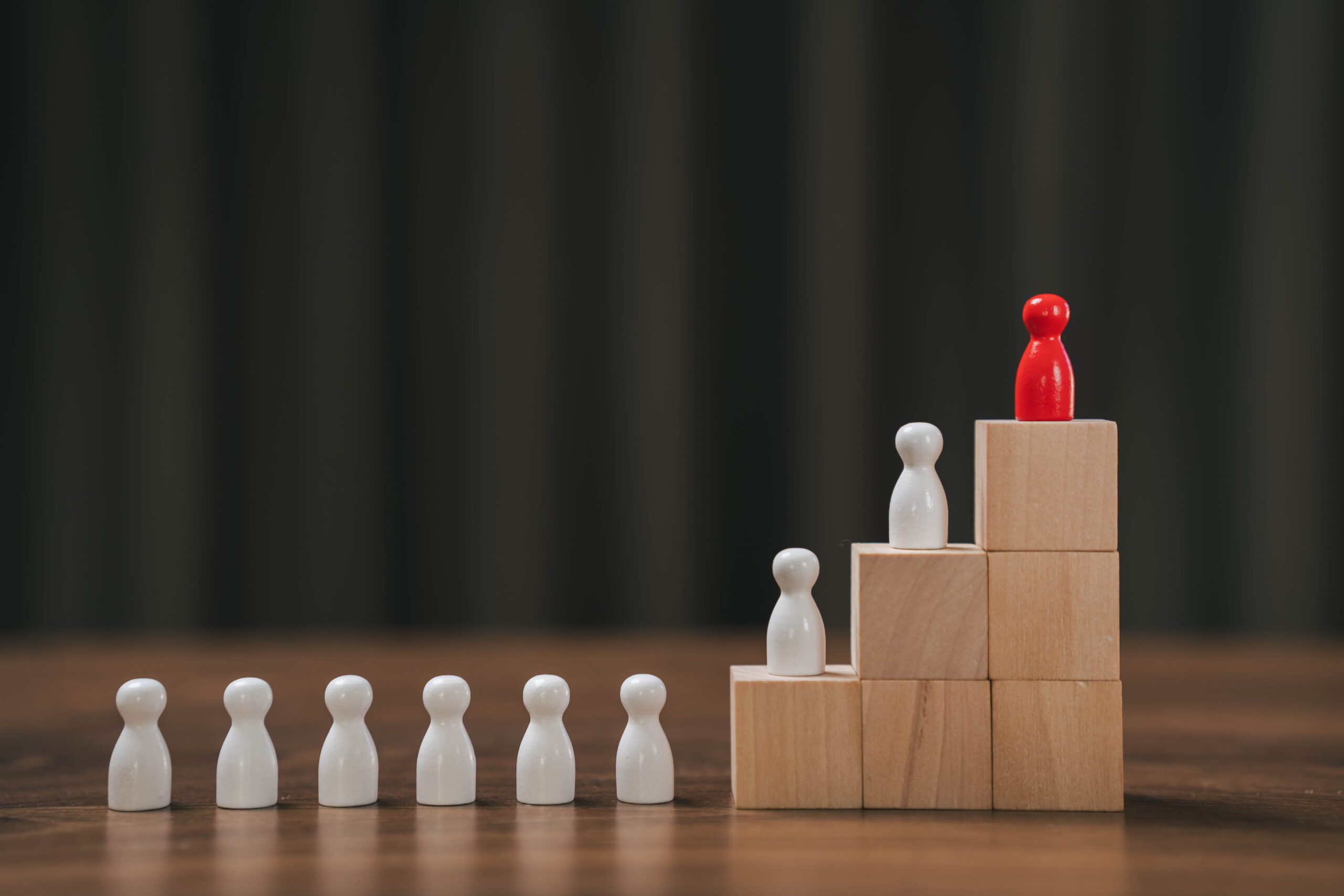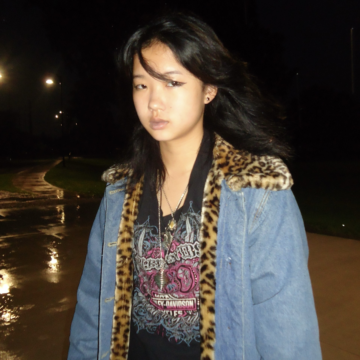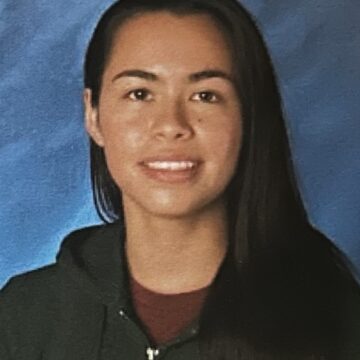
By Justin
I was born with an extra hand—kind of. Anatomically, I’m normal. I don’t have a third arm protruding from the center of my chest or anything of the sort. I do, however, have the unusual ability to use both hands equally well. When I was little, I thought of my ambidexterity as a fun trick. I always liked to play with people when learning a new skill:
“Okay, now are you right or left handed?”
“I don’t know,” I would answer with a comical smile. Or even better, “Pick one for me.”
It’s a bit silly, but I enjoyed the simple satisfaction of being different. For me, ambidexterity has always meant versatility. From using my left hand in a restrictive corner while doing yardwork to switch-hitting in baseball depending on the context of the game, my hands give me the flexibility to adapt to my surroundings. As I’ve grown, however, I’ve realized that ambidexterity means more than just its quirky face value. It’s synonymous with many of the other components of my character.
Ambidexterity is part of who I am, yet it’s something few people know I have. It makes sense that only my closest friends know about my dual-handed capabilities. Although I use my talent throughout my day, it usually blends in with the normal functions of anyone else’s hands. In this sense, ambidexterity isn’t some glaring anomaly: It’s only when you realize it’s there does it become special.
Similarly, much of who I am remains unnoticed at first glance, not because of insignificance but because of initial perception. Most of the people who know me have no clue I’m valedictorian; I’m the kid making paper airplanes at the end of class. The rest don’t realize I “do more than just school” but are pleasantly surprised to see me dancing around as Risky Business Tom Cruise for Halloween or just hanging out all over town on weekends. I like to think that ambidexterity helps me juggle these different parts of myself without letting anything go.
In my job as a Little League umpire, I have three distinct identities. To the league manager, I’m the responsible, quick-replying emailer and the primary person for the job. To the coaches, I’m a wave a relief—they know I’m going to make the right call. To the young players, I’m the umpire who gives helpful tips as well as the one they feel comfortable joking around with. Though each of these roles helps me in their own way, collectively, they are the reason I was made the lead umpire of the league.
In terms of academics, ambidexterity means finishing a half-hour phone call trying to understand the complexities of William Faulkner and immediately turning around to text watered-down calculus explanations to help another student. My ability to transition quickly has helped me establish myself as a go-to helper in nearly every subject, but these behind-the-scenes interactions happen away from my teachers’ eyes. Even teachers, however, see the respect other students have for me during class discussions. Outside of class, other students come to me because they recognize that I genuinely want to help guide them toward their own success.
When it comes down to it, ambidexterity means balance. From athlete to academic, from reliable employee to kind-hearted helper, I take on an array of roles in my life. Just as my two hands merge to create a more efficient system, my personal flexibility allows me to handle the many aspects of my life from different angles. Although each part of me is individually effective, my most complete self comes from applying them together. It allows me to become more than just efficient or well-rounded but a better friend, a more fitting leader, and a respected role model. So now, when I run into the inevitable questions in college applications about who I really am, I can answer clearly: I am ambidextrous.
Admissions Committee Comments
Justin’s essay describes how he juggles different identities, showcasing his adaptability and eagerness to combine interests, be they academic or social. He uses the theme of ambidexterity to convey his versatility as an individual and his ability to balance life as a student, athlete, employee, and friend. He also shows a sense of humor, revealing his character in addition to his academic goals. Justin’s anecdotes about other students’ perceptions of him and his penchant for ‘Risky Business’ enable us to get to know what kind of person Justin is—ambitious, curious, and flexible—and what kind of scholar he will be in college.





